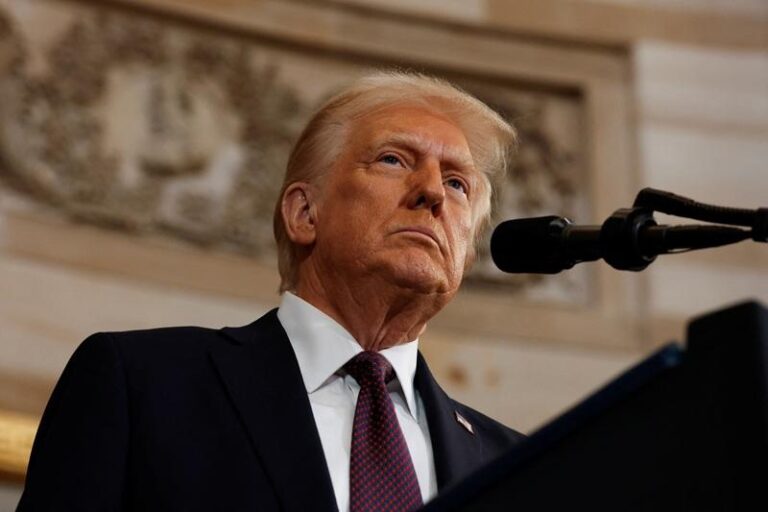On Wednesday, the House Quad Committee (QuadComm) recommended filing charges against former President Rodrigo Duterte, Senators Bato dela Rosa and Bong Go, along with several others, for their involvement in deaths linked to Duterte’s war on drugs. The committee’s investigation revealed serious concerns about the actions of these officials during the drug war, and their alleged violations of laws designed to protect human rights.
Key Figures Found Responsible
QuadComm chairperson, Surigao del Norte Rep. Ace Barbers, said that Duterte, dela Rosa, Go, and others had violated Republic Act 9851, which covers crimes against international humanitarian law, genocide, and other crimes against humanity.
The investigation also pointed to former police officials, including Oscar Albayalde and Debold Sinas, as well as retired police officers Royina Garma and Edilberto Leonardo, who were involved in the operations. They were accused of failing to stop unlawful killings and even encouraging them.
Abuse of Power and Reward System
The investigation revealed disturbing details about how the Duterte administration handled drug-related killings. Some police officials testified that there was a reward system in place for killing drug suspects, known as the “Davao model,” which was created during Duterte’s time as mayor of Davao. According to Garma and other police officers, the rewards ranged from P20,000 to P1 million per person killed. These payments were allegedly funded by the Palace and managed by people like Leonardo and Espino.
Garma accused Duterte and his allies of wanting this reward system spread across the country. This practice encouraged the killing of suspected drug criminals, rather than focusing on arresting them and bringing them to trial.
Duterte’s Response
Duterte, when questioned about the drug war killings, claimed responsibility for his drug policies but said he could not be held responsible for every death that occurred. He did not apologize for the policy and even challenged the International Criminal Court (ICC) to investigate him for crimes against humanity.
Other Criminals Linked to the Drug War
The QuadComm also pointed to other individuals who may be criminally responsible for their roles in drug-related killings. Some of these people are linked to illegal drug trades and specific murders during the drug war. These include officials like Garma, Leonardo, and others involved in the killings of Chinese nationals and a retired police general in 2016 and 2020.
Proposed Laws to Address Deaths and Drug Trade
In response to the findings, Barbers announced several proposed laws designed to tackle extrajudicial killings and the drug trade:
- House Bill 10986: Makes extrajudicial killings a serious crime and provides compensation for victims.
- House Bill 10987: Prohibits offshore gaming operations in the country.
- House Bill 11043: Allows the government to seize properties unlawfully acquired by foreigners.
- House Bill 11117: Cancels fraudulent birth certificates obtained by foreign nationals.
Further Investigation Into Drug Smuggling and POGO Crimes
While the QuadComm did not recommend charges against certain individuals involved in drug smuggling and crimes related to Philippine Offshore Gaming Operators (POGOs), it called for further investigation into people like former Customs officers and others who may be involved in these illegal activities.
The committee found that some POGOs, initially thought to be legal businesses, are actually linked to serious crimes such as human trafficking, money laundering, and even murder. Barbers urged lawmakers to pay attention to the report and support the proposed laws to prevent these injustices from happening again.
Conclusion
The House Quad Committee’s investigation has uncovered troubling details about how the drug war was carried out, and it has called for accountability. The proposed laws aim to prevent further violence, ensure justice for victims, and stop the illegal activities linked to the drug trade and POGOs.

















